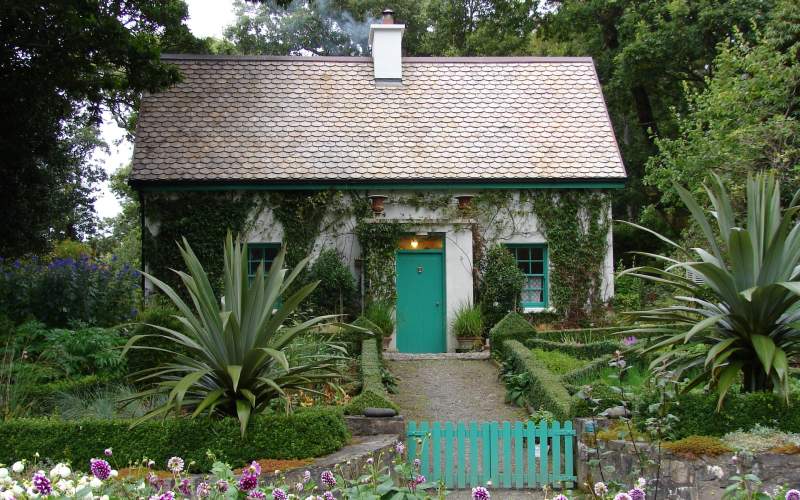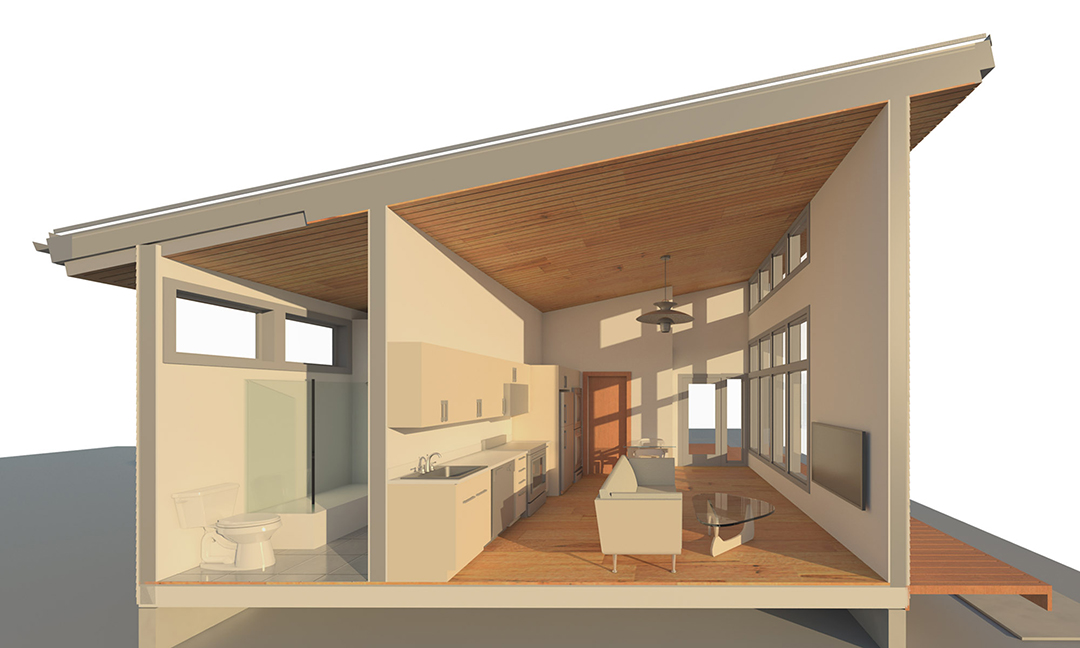Can I build an Accessory Dwelling Unit on my property in Maryland and Washington DC
Are you looking to add more living space to your Maryland or Washington property without building an entirely new home? An Accessory Dwelling Unit (ADU) may be the perfect solution. This type of structure is becoming increasingly popular since it allows homeowners with single-family dwellings to utilize their existing land and create multiple-family homes. In this blog post, we’ll take a look at what an ADU is, how it can benefit homeowners in Maryland and Washington, and how you can go about constructing one on your own lot. Read on to gain insight into these versatile structures!
 Understanding the regulations and requirements of building an Accessory Dwelling Unit (ADU) in Maryland and Washington DC
Understanding the regulations and requirements of building an Accessory Dwelling Unit (ADU) in Maryland and Washington DC
Building an Accessory Dwelling Unit (ADU) can provide a solution for homeowners looking to add extra living space to their property or create an additional rental income stream. However, before embarking on such a project, it’s essential to understand the various regulations and requirements that must be met. In Maryland and Washington DC, zoning laws, building codes, and permitting processes can differ by jurisdiction, making it crucial to research and work with knowledgeable professionals to ensure compliance. By understanding the rules and regulations specific to your area, you can confidently move forward with your ADU project, knowing that you have met all necessary requirements.
Knowing who to contact for permitting assistance
When it comes to permitting assistance, knowing who to contact can make all the difference in ensuring a smooth process. As a professional, it is important to establish a network of contacts who can provide guidance and support when it comes to obtaining necessary permits. From local government officials to industry experts, having a solid understanding of the permitting landscape and key contacts can help streamline the process and avoid potential roadblocks. Whether it’s navigating the intricacies of environmental regulations or obtaining zoning approvals, having the right people in your corner can help you achieve your goals and save you time and resources in the long run. So, take the time to do your research, establish relationships with key players, and set yourself up for success in your next permitting endeavor.
Researching local zoning laws that might affect ADU construction
As a responsible ADU builder, it’s crucial to conduct thorough research on local zoning laws that may impact your construction plans. With zoning regulations varying from one jurisdiction to another, it’s important to understand how your local authorities approach zoning and land use. In most areas, zoning laws regulate ADU placement, size, design, and height. These regulations are designed to ensure that ADUs are built in a way that complements the character of the surrounding residential neighborhoods and doesn’t violate any environmental or public health codes. By familiarizing yourself with your locality’s zoning laws, you’ll ensure that your ADU construction project meets all legal requirements, and avoid any potential legal issues that could prevent you from completing your project. Researching local zoning laws is a crucial part of your due diligence, and it’s an investment that’s worth every penny.
 Determining the size and shape of your ADU
Determining the size and shape of your ADU
When building an ADU, determining the size and shape of your new structure is a vital step in the process. This decision will impact not only your living space but also your property value and potential rental income. As a professional, it’s essential to carefully assess the space available on your property and consider your specific needs and preferences. From there, you can work with an architect or designer to create a functional and aesthetically pleasing ADU design that takes advantage of your space while also adhering to local codes and regulations. With the right planning and attention to detail, you can confidently create an ADU that meets your unique needs and adds significant value to your property.
Planning for the installation of utilities, such as water and electricity, as well as other necessary services
When it comes to planning for the installation of utilities, professional and meticulous planning is key. Whether you’re starting a new development or simply undertaking some renovations to an existing property, ensuring that you have the necessary services in place is essential. By working closely with qualified professionals, you can identify the best ways to implement water and electricity services, along with other necessary utilities such as gas and internet. Effective planning not only ensures that your property is safe and fully operational, but it can also save you time and money in the long run. So, if you’re embarking on a construction project, make sure you invest in quality planning for the installation of utilities and other services.
Selecting a contractor or builder to construct your ADU
When it comes to constructing your dream ADU, selecting the right contractor or builder is crucial. You’ll want to find someone who is experienced, professional, and has a solid reputation for delivering quality work. Take the time to research potential contractors or builders, check their references, and review their portfolios to ensure their style aligns with your vision. It’s also important to have clear communication about the budget, timeline, and expectations from the start to avoid any misunderstanding or unexpected costs. By doing your due diligence and partnering with the right contractor, you can feel confident that your ADU will be built to your specifications and stand the test of time.
In conclusion, constructing an Accessory Dwelling Unit (ADU) in either Maryland or Washington DC is not a process to take lightly. It requires research, understanding of regulations and requirements, having a clear plan for utilities, and the contractor selection process along with other necessary services. Knowing who to contact for permitting assistance is also paramount in order to make sure the project complies with local zoning laws. To make sure everything is done right the first time, it’s important to do your due diligence regarding each individual step before making any large decisions – such as building an ADU – that could have long-term ramifications. But when done properly, investing in an ADU can be a great asset for rental purposes or even as additional living space for relatives and friends—so use this guide as a jumping-off point, and may you have many happy years ahead living in your accessible dwelling unit! Contact Winthorpe Design & Build, for professional guidance. Get your home upgrade plans done.





